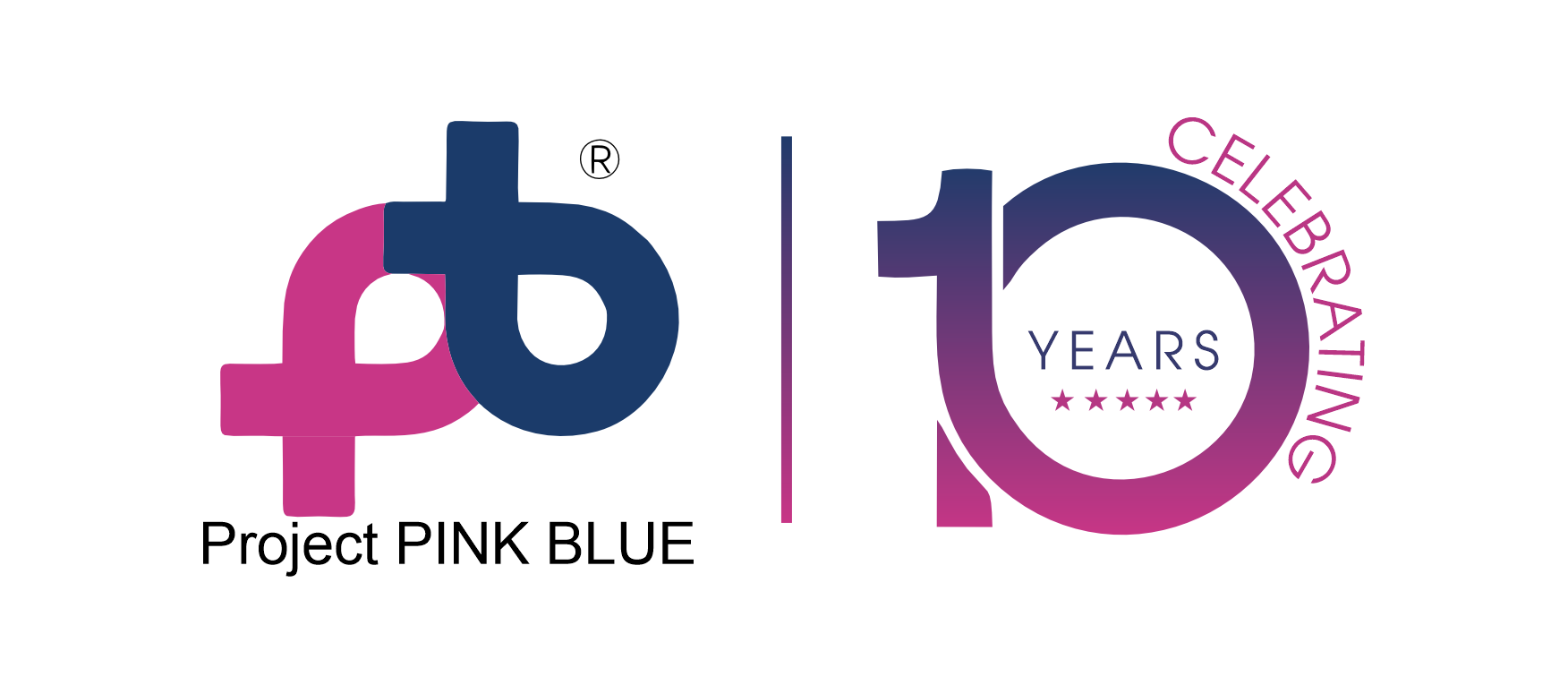Psychological Support Centre
Project PINK BLUE is changing the way Africans think about cancer.
Background: In Nigeria, over 124,815 people were diagnosed with different forms of cancer in 2020[i]. Most cancer patients receive the ‘bad’ news of “you have cancer” from their doctors or from the diagnostic centres with the absence of any psychological counseling. There is no dedicated psychological care or mental health support for cancer patients and their caregivers. Less than 2% of these patients have ever received any professional psychological support after cancer diagnosis and during treatment. Less than 10% of Nigerians have access to mental health care[ii]. It is estimated that 20,000 cancer patients are at risk of severe mental health disorders because of cancer diagnosis. These mental health disorders may affect cancer treatment, as well as the quality of life. However, the mental health needs of people impacted by cancer in Nigeria are often given little attention during and after cancer treatment.
Project Description: To mitigate this potential mental health crisis, Project PINK BLUE is setting up Abuja’s first Psychological Support Centre (PSC) for cancer patients with a grant from ABC Global Alliance. The PSC will provide a weekly psychotherapeutic clinic led by clinical psychologists to cancer patients at the center, death & grief programme, art therapy, psychological assessment, personal & group therapy, family & caregivers support, doctor-patient support, wellness & resilience programme, psychological training for healthcare workers, psychological awareness and creation of a virtual psychological support system for patients who live outside Abuja.
GOAL: To improve the mental health of cancer patients in Project PINK BLUE, Abuja,
Nigeria.
Objectives:
Objective 1: To improve the mental health of 500 cancer patients from 2% to 30% by setting up a
psychological support centre in Project PINK BLUE by December 2022.
Objective 2: To increase awareness on the impact of cancer on mental health from 20% to 60%
through the creation of educational and publicity materials to engage about 1000 cancer
patients, caregivers, health care workers and families in Project PINK BLUE by December 2022.
Objective 3: To engage and connect the 5 cancer treatment centres to the psychological centre
through patient pathway for project sustainability in Project PINK BLUE by December 2022 and
beyond.
The Psychological Support Centre (PSC) is accepting cancer patients as from May 1, 2022. First Lady of Kebbi State Dr Zainab Shinkafi-Bagudu and Professor of Clinical Psychology Chioma Asuzu are the co-chairs for the centre’s Steering Committee. The members of the steering committee are Ayisha Osori, author of Love Does Not Win Elections; Dr Alejandra Platas from ABC Global Alliance, Dr Charles T. Orjiakor, Dr Nneoma Onyedire, Rev. Sr. Dr C. Onyedibe all from University of Nigeria Nsukka; Alison Simon from Birmingham City University; Dr Nneka Shagaya and Onyes Amaka Juliet from National Hospital Abuja; Dr Tania Estape from Psicooncologia Fundacion FEFOC, Spain; Dr Jenee Walker from West Virginia University, USA; Zion Ameh from Mandate Health Empowerment Initiative Abuja, I DO Project team from Rotterdam School of Management, Netherland; and Runcie C.W. Chiedebe, Khadijat Banwo-Fatai, Gloria C. Okwu, and Sunshine K. Chidebe from Project PINK BLUE.
For more information please call 08188 347 020 or email: [email protected]
- International Agency for Research on Cancer (IARC)/World Health Organization
- (WHO)/Globocan (GCO) (2019) The Global Cancer Observatory: Nigeria [pdf] Available at: http://gco.iarc.fr/today/data/factsheets/populations/566-nigeria-fact-sheets.pdf [Accessed 30 January 2020]. Demyttenaere, K., Bruffaerts, R., Posada-Villa, J., Gasquet, I., Kovess, V., Lepine, J., Angermeyer, M.C., Bernert, S., Morosini, P., Polidori, G. and Kikkawa, T., (2004) Prevalence, severity, and unmet need for treatment of mental disorders in the World Health Organization World Mental Health Surveys. Jama, 291(21), pp.2581-2590 Available at: 10.1001/jama.291.21.2581
Learn more about our PSC through the videos:
